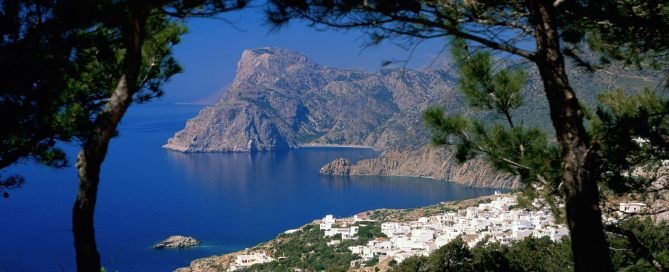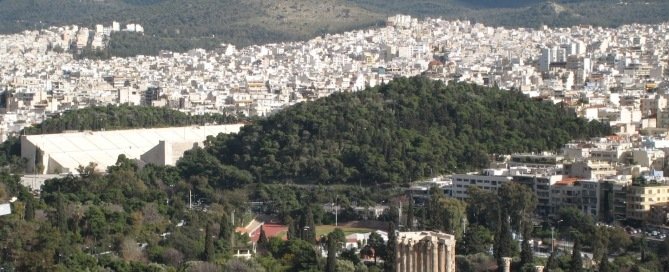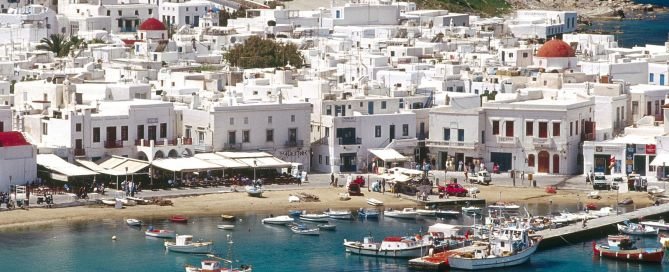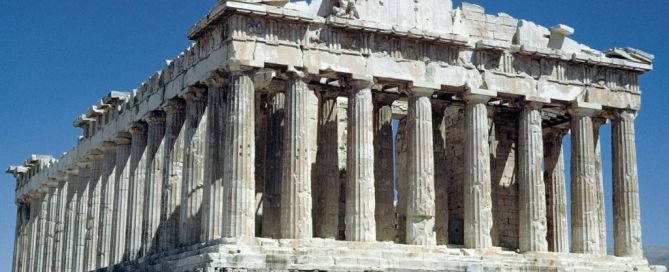Guide to Greece
Quick Facts
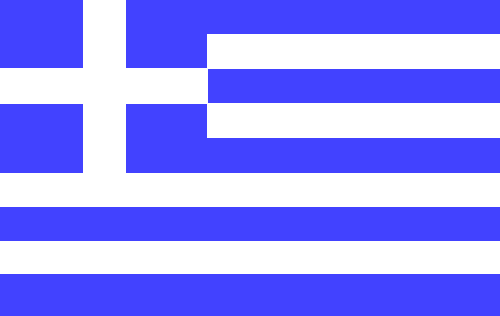
Population: 11 million
Major Language: Greek
Currency: Euro
Calling Code: +30
Greece has an ancient and rich history which can still be seen today in many areas of everyday life throughout the world. Ancient Greek civilization is considered the birthplace of democracy, Western philosophy, literature and drama, the Olympic Games and many mathematical and scientific principles.
The Greece of today was established in 1830 after a successful uprising against Ottoman rule, and the country is now a collection of 1,400 islands surrounding the mainland in southeastern Europe. 80% of the mainland is mountainous, with the highest peak- Mount Olympus, traditionally the home of the Gods in Ancient Greek literature and drama. The rich history of the land is reflected in the fact that there are 17 UNESCO World Heritage Sites located in Greece.
Capital City: Athens is the capital and largest city in Greece, and is one of the world's oldest cities. It is steeped in ancient history and culture and is even considered to be the birthplace of democracy. This history is still evident today in the numerous monuments, buildings and works of art, the most famous being the Parthenon. It is also home to the National Archeological Museum, which features the largest collection of ancient Greek artifacts in the world.
Today Athens is central to economic, political, cultural and industrial life in Greece. Thanks also to its successful bid to stage the 2004 Olympic Games, the city's social amenities and infrastructure have both greatly improved over the past decade.
Government: In Greece they have both a President and Prime Minister. The President is elected by parliament every five years and is currently veteran foreign minister Karolos Papoulias. However, the position of president is largely ceremonial, as the real power resides with the Prime Minister.
Prime Ministers are elected to power by the Greek people at elections held a minimum of every four years. George Papandreou is the current Prime Minister, after his party- the Pan Hellenic Socialist Movement (Pasok), was voted in to power in 2009.
Culture: As with almost every aspect of Greek society, their culture is steeped in ancient history. Ancient Greece produced some of the earliest and most well known philosophers (Socrates and Plato), Epic poets (Homer), and playwrights (Aeschylus, Sophocles and Euripides). Every one of these men were revolutionary in what they did and have influenced modern culture immeasurably.
However, Greece also takes its sport very seriously. It was the birthplace of the original Olympic games, and then went on to host the very first modern Olympics in 1896.
Greek Media
 |
|
Study in Greece
 |
Coming Soon |



